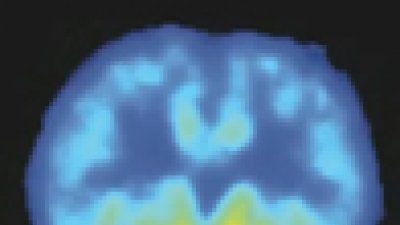Tenofovir, Leading HIV Medication, Linked with Risk of Kidney Damage
Tenofovir, one of the most effective and commonly prescribed antiretroviral medications for HIV/AIDS, is associated with a significant risk of kidney damage and chronic kidney disease that increases over time, according to a study of more than 10,000 patients led by researchers at the San Francisco VA Medical Center and UCSF.









